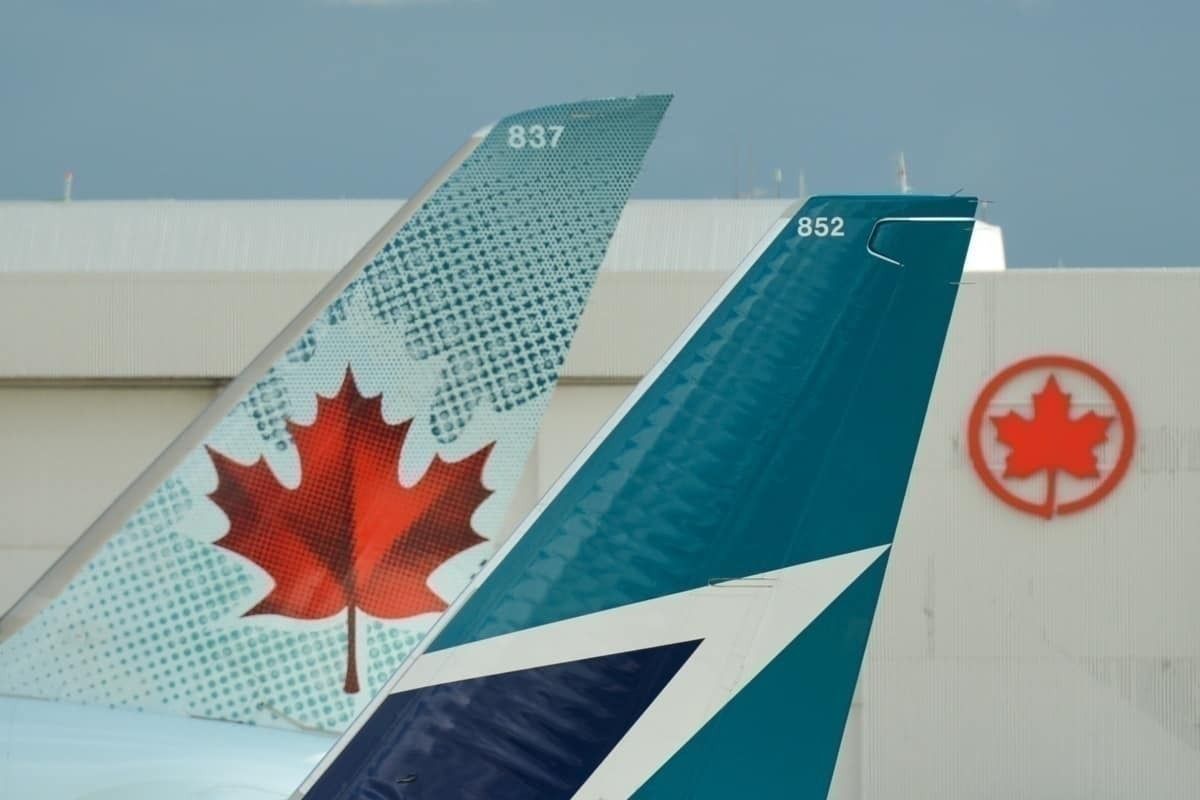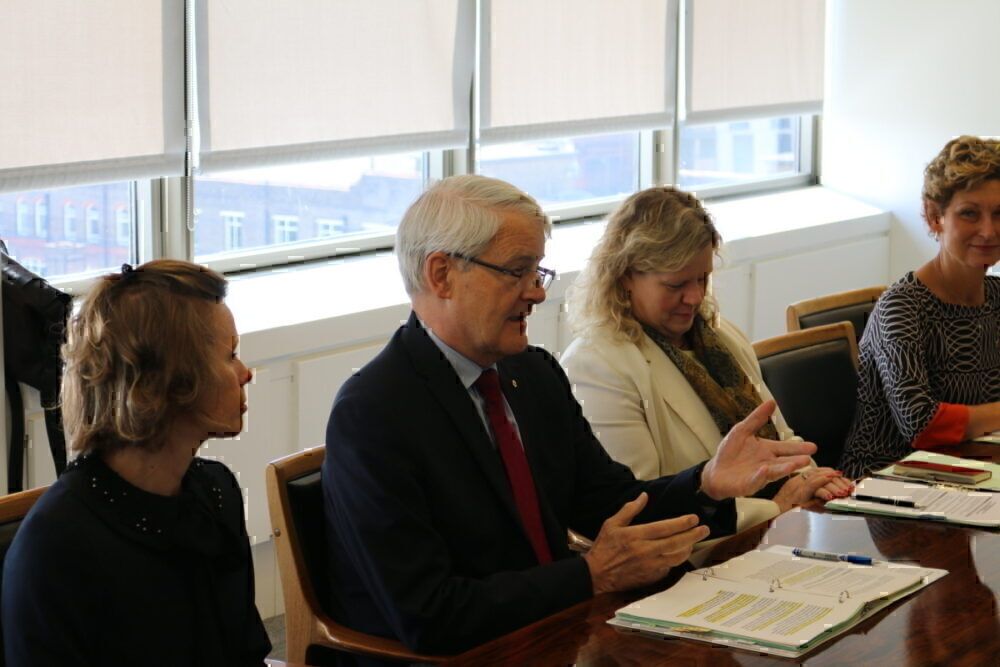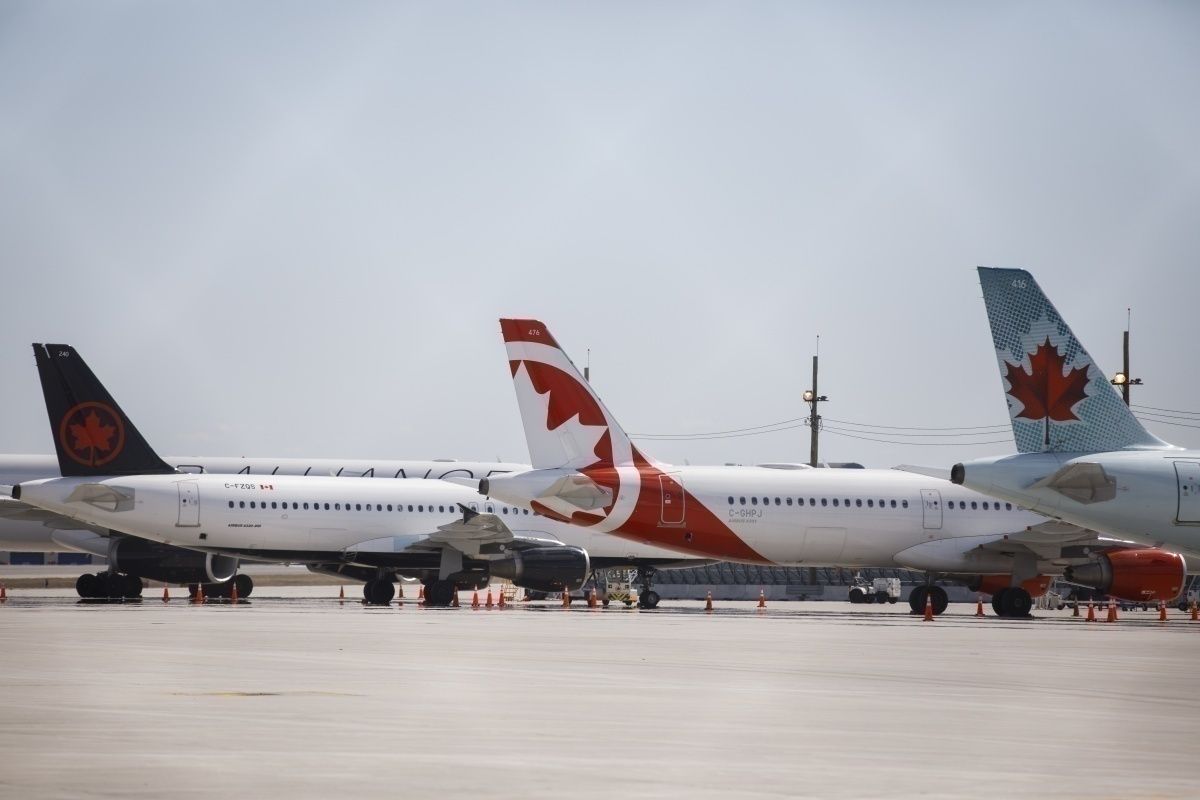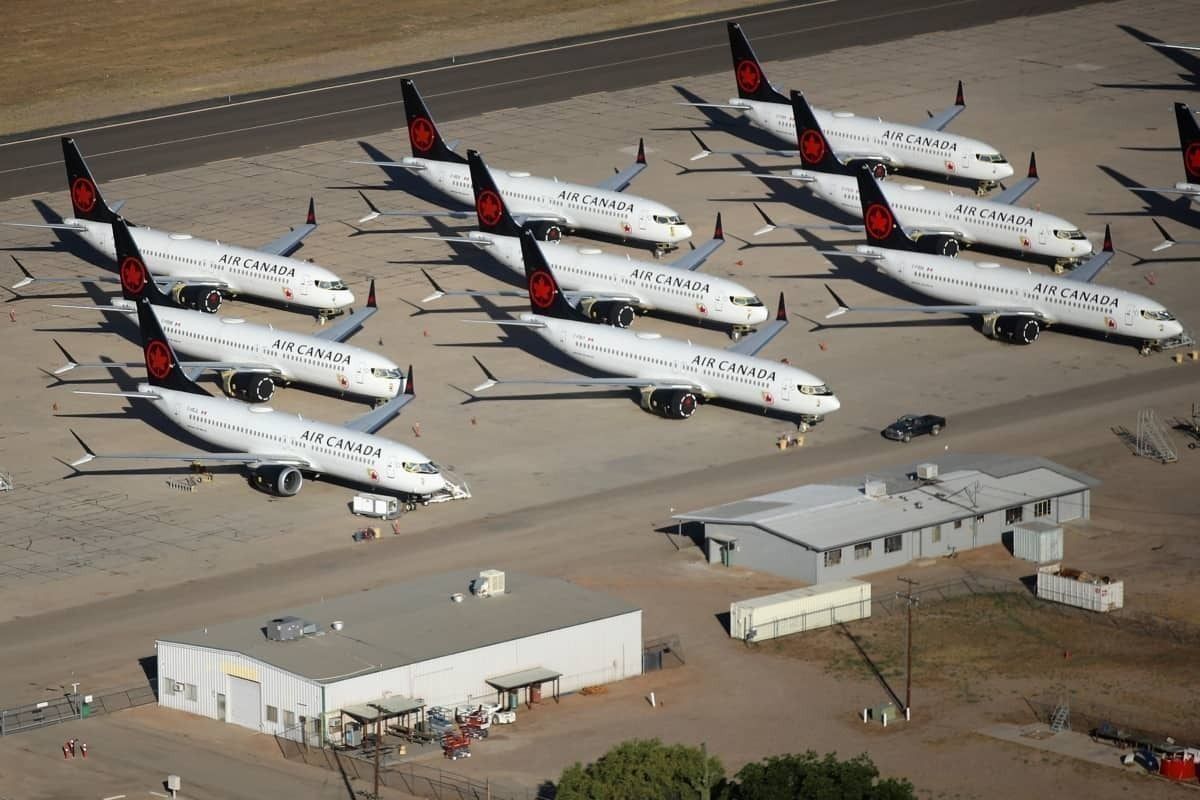Canada's Transport Minister Marc Garneau issued a stark warning earlier this week detailing how refunds would impact the airline industry. On 29th May, the Minister said that Canadian airlines risk collapse if they are asked to shell out cash refunds. Meanwhile, the pressure is rising from consumers desperately seeking tied up funds.
Canadian airlines could collapse under the pressure of refunds
Marc Garneau, the Canadian Transport Minister, shared a sinister message on Friday explaining how the country's airlines could collapse if measures are not taken to protect them. Speaking at a press conference, the Minister said that cash refunds presented a significant burden for airlines. So much so, that they could force the industry's collapse.
In a video recording of the conference shared by CBC, Mr. Garneau, who feels personally responsible for ensuring airlines survive, said the following:
"...if airlines had to immediately reimburse all canceled tickets, it would have a devastating effect on the air sector, which has been reeling since the COVID 19 pandemic started...I also have a responsibility to make sure that when this pandemic is over, we still have an airline industry."
Mr. Garneau said that he felt sincere sympathy for those looking for cash refunds but stressed the importance of also keeping Canada's airlines in operation.
What's the situation like in Canada?
At present, the Canadian government is not forcing its airlines to issue refunds. Instead, they can give customers a voucher which, in most cases, lasts up to two years. However, under pressure from consumers, some airlines have waived restrictions on this policy. Air Canada is now offering fare vouchers without an expiry date, meaning that the tickets can be used at any point in the future.
In a Prime Minister's address to Canada on 21st May, PM Justin Trudeau said that a decision needed to be made that appeases both airlines and travelers. On 16th March, Air Canada announced that it had C$6.3bn (US$4.6bn) of liquidity available. However, it's currently also got C$2.6bn (US$1.9bn) secured in future ticket sales, many of which will need refunding.
It's clear that if Air Canada must issue its refunds, it will be severely financially compromised. Burning through C$22m a day throughout the pandemic, cash refunds could encourage its demise. However, it's also worth looking at the other side of the coin. How is this impacting customers?
Travelers are at a disadvantage
While the promise of vouchers may sound like a good idea, given the economic climate, many travelers would rather have their money back. Many have lost jobs or are furloughed because of the pandemic. In March 2020, one million Canadians found themselves out of work. Financial stability is more crucial than ever.
However, it's not just because passengers need the extra money; it's the politics of it. The tied up funds could be seen as interest-free loans to airlines. As much as passengers want their money back, carriers need them to stay afloat.
At the same time, airlines cannot be entirely to blame. Their service is one that passengers, particularly those in Canada, rely on. They have a duty to keep themselves going for the future of air travel. The pandemic has made airlines victims as much as it had done to travelers.
Getting to the bottom of this issue and working out a solution for all requires a delicate balance. There is no right answer in this debate. Operators want to keep their customers; travelers need their airlines. Issuing travel vouchers right now does seem like the most logical approach. Customers will get their money back eventually if they do not travel before, but for airlines, financial demise could see them never return.
Do you agree? Could more be done to make this situation fair for airlines and travelers? Let us know your thoughts in the comments.




